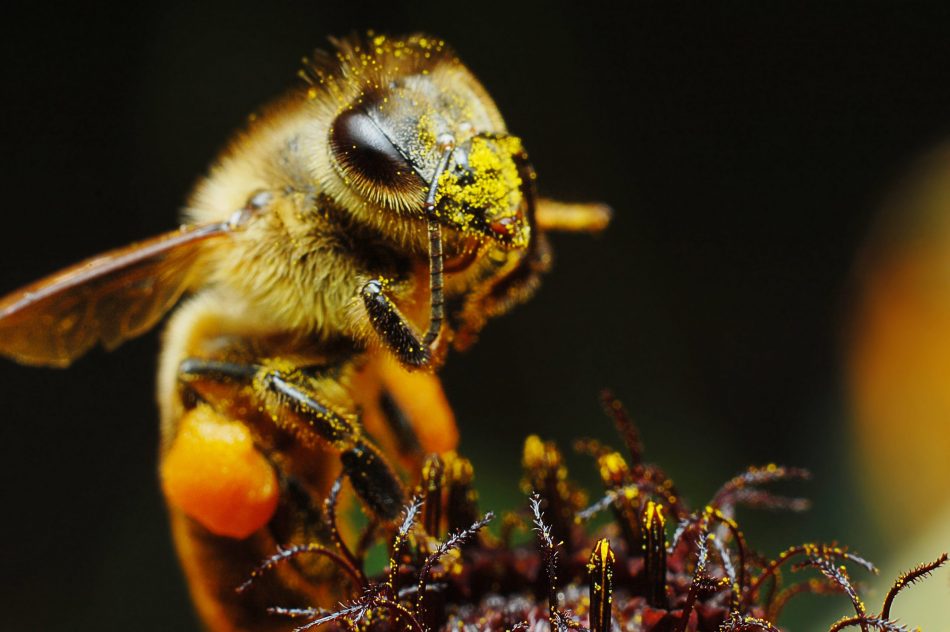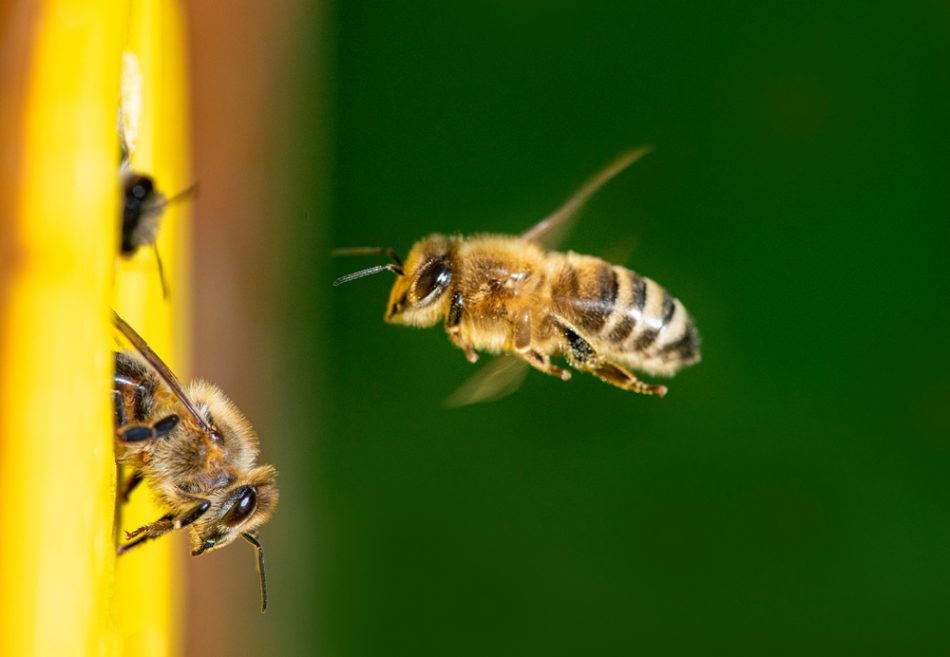
Scientists improve crops without genetic modification
The verdict on genetically modified crops is still not settled globally, with some countries allowing their use and some wary of their potential environmental impact. A new process might make the promise of scientific advancement in food production more digestible. Scientists from the RIKEN Read More...

Owls are helping winemakers stay away from pesticides
Winemaking is a delicate and millennia-old craft. To achieve a desirable product, vintners have to pay close attention to soil, rain, heat, and sunlight. Mice and gophers are other problems that vintners often turn to rodenticides to solve. In a bid to provide a more natural solution, a team of Read More...

New "bee vaccine" can help pollinators become immune to pesticides
Without pollinators, our food security and survival as a species would be seriously at risk. But even with this knowledge, humans continue to perpetuate practices that endanger bees and other pollinators, one of the biggest being the growing use of pesticides in agriculture. Pesticides in large Read More...

Scientists create eco-friendly pesticide using brewing waste
While conventional pesticides can be beneficial for ensuring crop yields, they are also ecologically damaging. In a bid to provide a greener alternative, a team of scientists has developed a natural pesticide — that’s also a fertilizer — made out of a combination of agricultural and beer Read More...

Sigh of relief: UK will not use bee-harming pesticide after all
Earlier this year, the British government reversed a ban on a bee-harming pesticide called neonicotinoid in order to kill off virus-transmitted aphids that threatened the UK’s sugar beet fields. Environmentalists were obviously not pleased with the reversal of the ban as the government had broken Read More...

Novel pesticide-detecting technique can help save bee colonies
Pesticides known as pyrethroids are among the main culprits behind colony collapse disorder — a phenomenon that occurs when most worker bees in a colony disappear, leaving behind just the queen and a few other bees. Detecting whether honeybees have been exposed to such types of pesticides is key Read More...

Europe’s top court upholds French ban on bee-harming pesticides
In 2018, the French government placed a ban on the use of certain pesticides that harm bees. These pesticides belong to the neonicotinoid group's family of chemicals and are based on the chemical structure of nicotine. They were introduced in the mid-1990s and work by attacking the central nervous Read More...

Apparently painting zebra stripes on cows stops flies from biting them
The conventional way of ridding cows of biting flies is through the use of pesticides, but this is a toxic, expensive option. In Japan, researchers have come up with a strange, yet effective way of repelling flies that doesn’t require any pesticides: painting cows with zebra-styles stripes. Read More...

Bees could play a big role in eliminating the need for spraying pesticides
Bees are great at retrieving tiny cargo: their main job is to visit flowering plants in order to gather pollen and nectar for their hive. Now one pesticide company has gained federal permission to ensure they’re bringing something special along on each trip. The Canadian-based company Bee Read More...

This organic lawn care brand wants to remove pesticides from the American lawn
We’re in an age of plant-based diets, organic grocery stores, and farm-to-table restaurants. But if you observe the average American lawn, and how it’s cared for, it would seem like there’s no alternative to the industrialized, highly chemical-dependent agricultural practices of the ‘50s. Read More...


